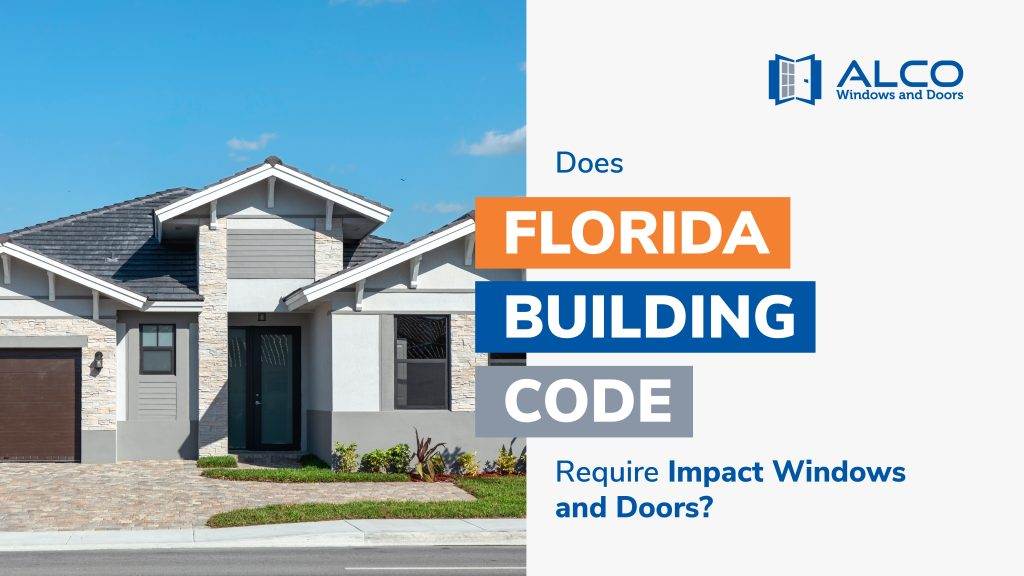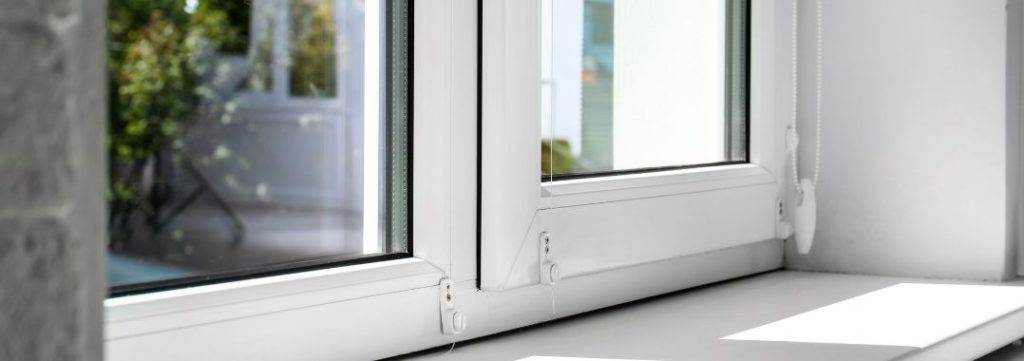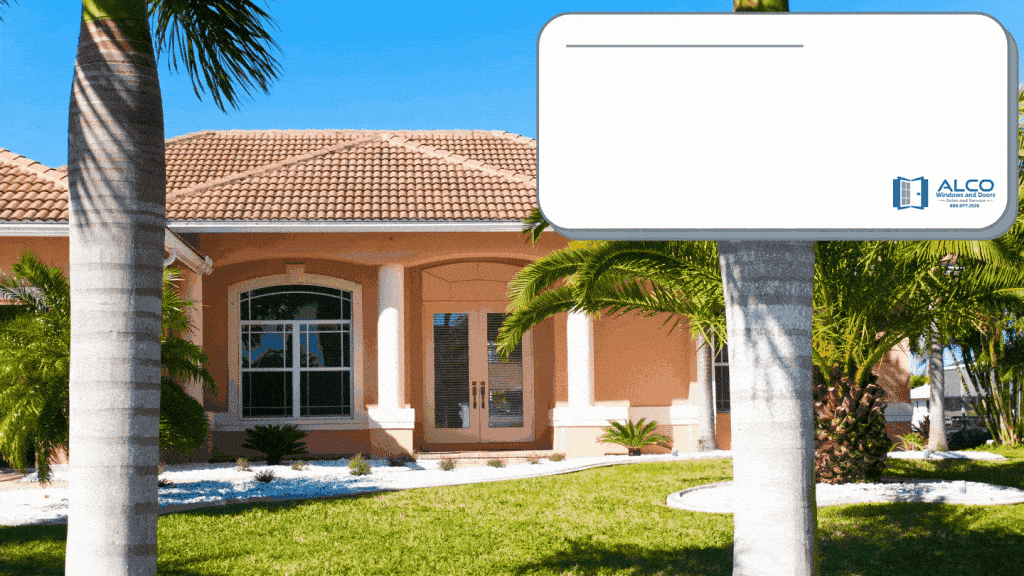So you’ve just moved to Florida and are wondering what all the talk about the “25 Window Rule” is? Well, worry not, because we’ve got you covered. The 25 Window Rule is a regulation in Florida that requires certain vehicles, such as buses and vans, to have tinted windows if they have more than 25 windows. This rule is in place to ensure the safety and privacy of passengers, while also protecting them from the harsh Florida sun. But how does this rule affect you? Let’s find out.
Definition of the 25 Window Rule in Florida
The 25 Window Rule in Florida is a regulation that stipulates the minimum number of windows required in residential buildings for the purpose of energy efficiency. It mandates that a certain percentage of the total wall area must be comprised of windows in order to promote natural lighting, ventilation, and reduce the need for artificial lighting and air conditioning. This rule aims to encourage homeowners and developers to prioritize energy efficiency and sustainability in their construction projects.
Applicability
The 25 Window Rule in Florida is applicable to various types of residential buildings, including condominiums, single-family homes, townhouses, and multi-family buildings. It recognizes that energy efficiency is crucial irrespective of the size or style of the dwelling. By extending this rule to different housing types, the state of Florida aims to create a more sustainable and environmentally conscious built environment.
Condominiums
Condominiums, which typically consist of multiple units within a single building, are subject to the 25 Window Rule. This ensures that each unit receives a sufficient amount of natural light and ventilation, contributing to the overall energy efficiency and livability of the entire condominium complex.
Single-family homes
Single-family homes, being standalone residences, must also adhere to the 25 Window Rule. This requirement ensures that homeowners have access to ample natural light, fresh air, and energy-efficient design features that enhance the overall comfort and sustainability of their dwelling.
Townhouses
Similar to single-family homes, townhouses must comply with the 25 Window Rule. By regulating the window-to-wall ratio, Florida ensures that townhouse residents can benefit from natural lighting and ventilation, while also reducing their energy consumption and associated costs.
Multi-family buildings
Multi-family buildings, encompassing apartment complexes and other residential structures with multiple units, are subject to the 25 Window Rule. This rule guarantees that residents in each unit have access to the advantages of energy-efficient windows, allowing for improved living conditions and reduced energy consumption at a larger scale.
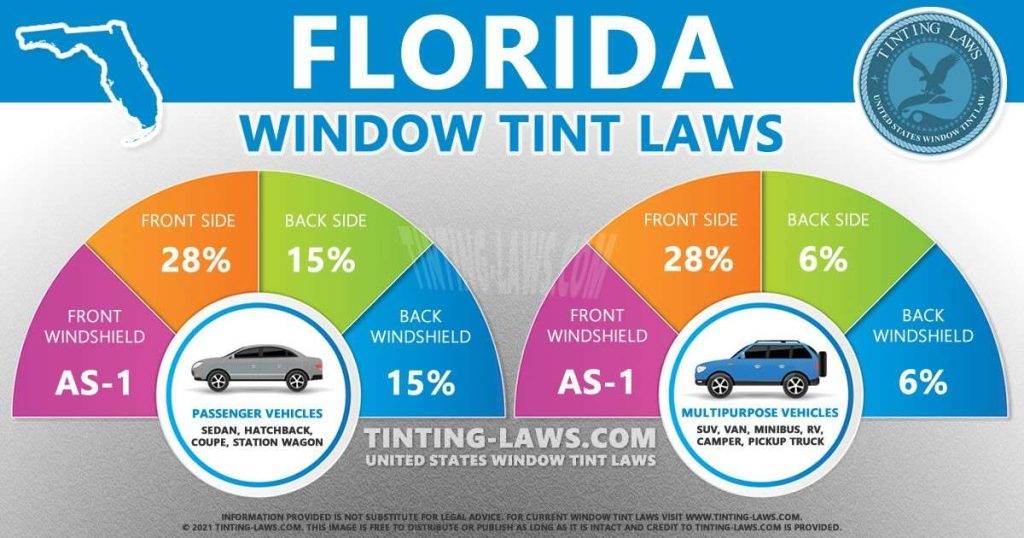
This image is property of www.tinting-laws.com.
Purpose
The primary purpose of the 25 Window Rule in Florida is to promote energy efficiency and reduce the environmental impact of residential buildings. By requiring a minimum window-to-wall ratio, the rule encourages the use of natural light, ventilation, and energy-efficient technologies. The ultimate goal is to decrease the reliance on artificial lighting and air conditioning, which in turn reduces energy consumption, decreases carbon emissions, and lowers utility bills for homeowners.
Window Replacement and Energy Efficiency
The replacement of windows in residential buildings significantly impacts energy consumption and overall energy efficiency. By upgrading to energy-efficient windows, homeowners can reduce heat transfer, improve insulation, and minimize air leakage. These factors lead to reduced energy usage for heating and cooling purposes, resulting in lower utility costs and a smaller carbon footprint.
Impact on energy consumption
Energy-efficient windows play a crucial role in controlling the transfer of heat and cold between a building’s interior and the outside environment. By utilizing advanced glazing techniques, low-emissivity coatings, and improved framing materials, energy-efficient windows significantly reduce the energy required to heat or cool a residential space. This reduced energy consumption not only contributes to a more sustainable lifestyle but also results in substantial cost savings for homeowners in terms of decreased utility bills.
Benefits of energy-efficient windows
The installation of energy-efficient windows offers several benefits. Firstly, they provide better insulation, reducing the need for artificial heating or cooling. This not only leads to lower energy consumption and cost savings but also contributes to a more comfortable indoor environment by maintaining a consistent temperature. Additionally, energy-efficient windows provide improved sound insulation, blocking out unwanted noise pollution and creating a quieter living space. Furthermore, these windows offer enhanced UV protection, reducing the fading of furniture and flooring caused by prolonged exposure to sunlight. Finally, the use of energy-efficient windows increases the overall value of a residential property, as buyers increasingly seek eco-friendly features and energy-saving technologies.
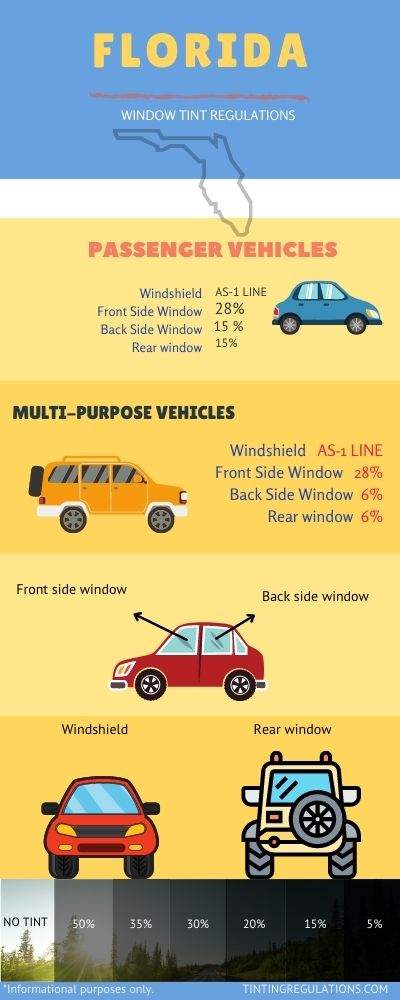
This image is property of tintingregulations.com.
Requirements for Compliance
To ensure compliance with the 25 Window Rule in Florida, certain requirements and processes must be followed by homeowners and developers. These include the certification process and the interpretation of the 25% rule.
Certification process
To meet the requirements of the 25 Window Rule, homeowners and developers must obtain certification that their residential building satisfies the window-to-wall ratio mandated by the rule. This certification process involves assessment by qualified professionals who verify that the correct number and size of windows have been installed to achieve the minimum required percentage of windows in relation to the total wall area. Only upon successful certification can a residential building be considered compliant with the 25 Window Rule.
Interpretation of the 25% rule
The 25 Window Rule states that at least 25% of the total wall area must consist of windows. This measurement defines the proportion of windows required to promote energy efficiency and natural lighting adequately. To ensure accurate interpretation, it is crucial to consider factors such as the type of window, its size, and its location within the building. Compliance with this rule is measured based on the cumulative window area across all floors and units within the residential building.
Exemptions
While the 25 Window Rule applies to most residential buildings in Florida, there are certain exemptions for historic buildings and structures with architectural restrictions.
Historic buildings
Historic buildings are often subject to preservation regulations that protect their architectural integrity. In some cases, these regulations may prevent the installation of additional windows or alterations to the existing window openings. Given the significance of historical preservation, the 25 Window Rule in Florida acknowledges the exemption for historic buildings that cannot meet the required window-to-wall ratio without compromising their historical value.
Buildings with architectural restrictions
Certain residential buildings, particularly those governed by homeowners’ associations or architectural guidelines, may have strict restrictions on modifying or adding windows. These architectural restrictions can sometimes prevent compliance with the 25 Window Rule. As a result, these buildings may be exempted from the window-to-wall ratio requirement to ensure adherence to other architectural guidelines or preserve the overall aesthetic character of the structure.

This image is property of img1.wsimg.com.
Potential Issues and Challenges
Implementation of the 25 Window Rule may bring about various issues and challenges that individuals and developers should be aware of. These challenges primarily involve cost implications and the availability of energy-efficient windows.
Cost implications
While the adoption of energy-efficient windows is beneficial in the long run, the initial cost of purchasing and installing these windows can be higher compared to traditional windows. This upfront investment may pose financial challenges for homeowners and developers, especially in cases where multiple windows need replacement or installations are required for new construction projects. Balancing the initial cost with the long-term savings potential can be a challenge for those aiming to comply with the 25 Window Rule.
Availability of energy-efficient windows
Another potential challenge is the availability of energy-efficient windows that meet the strict requirements of the 25 Window Rule. Access to a variety of styles, sizes, and materials in energy-efficient options can help homeowners and developers find suitable windows for their projects. However, limited availability can make it difficult to source the required windows, potentially delaying compliance and hindering the optimization of energy efficiency in residential buildings.
Enforcement and Penalties
To ensure compliance with the 25 Window Rule in Florida, enforcement measures and penalties are in place to encourage adherence to the regulation.
Monitoring compliance
Various entities at the local and state levels are responsible for monitoring compliance with the 25 Window Rule. Building inspectors, energy efficiency experts, and other qualified professionals may conduct regular inspections or review certification documents to confirm compliance. These monitoring efforts aim to maintain accountability and encourage compliance among homeowners and developers.
Penalties for non-compliance
Non-compliance with the 25 Window Rule may result in penalties or fines, both financial and administrative in nature. The severity of the penalties may depend on factors such as the extent of non-compliance, the number of violations, and the potential impact on energy efficiency. It is crucial for homeowners and developers to understand and adhere to the requirements of the 25 Window Rule to avoid facing these penalties.
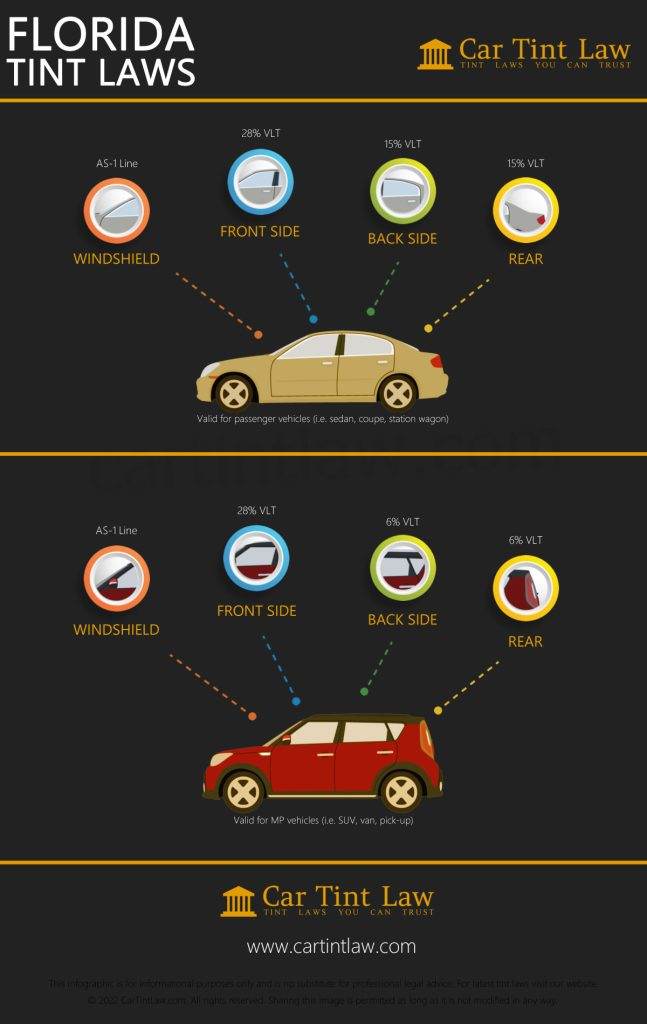
This image is property of www.cartintlaw.com.
Florida Window Installation Professionals
Florida Window Installation Professionals play a crucial role in ensuring compliance with the 25 Window Rule. These professionals possess the necessary knowledge and expertise to facilitate the installation of energy-efficient windows and guide homeowners and developers through the certification process.
Certification requirements
Florida Window Installation Professionals must meet specific certification requirements to provide their services in compliance with the 25 Window Rule. These requirements encompass training and knowledge related to energy-efficient window installation, as well as an understanding of the state’s regulations concerning window-to-wall ratios. By working with certified professionals, homeowners and developers can ensure that their window installations meet the necessary standards for compliance.
Role in compliance process
Florida Window Installation Professionals play a significant role in the compliance process. From assessing window-to-wall ratios to determining the appropriate placement and size of windows, these professionals guide homeowners and developers in achieving compliance with the 25 Window Rule. Their expertise ensures that residential buildings meet the energy efficiency standards set forth by the regulation, thereby contributing to a greener and more sustainable built environment.
Public Awareness and Education
To ensure widespread compliance and facilitate informed decision-making, public awareness and education campaigns are vital components of the 25 Window Rule in Florida.
Promotion of energy-efficient window options
Public awareness campaigns highlight the benefits of energy-efficient windows and promote the availability of various options in the market. These campaigns aim to educate homeowners and developers about the features, advantages, and long-term savings associated with energy-efficient windows. By encouraging the adoption of these windows, such campaigns help individuals make informed choices that align with the energy efficiency goals outlined by the 25 Window Rule.
Informing homeowners about the rule
Education initiatives also focus on informing homeowners about the requirements and implications of the 25 Window Rule. By providing accessible and easily understood information, homeowners can better understand the importance of compliance and the potential benefits they can enjoy by adhering to the rule. This allows homeowners to make informed decisions during construction or window replacement projects, ultimately contributing to increased energy efficiency and a more sustainable future.
In conclusion, the 25 Window Rule in Florida has been implemented to promote energy efficiency and sustainability in residential buildings. By enforcing a minimum window-to-wall ratio, the rule fosters the use of natural light, ventilation, and energy-efficient technologies. While compliance may involve challenges such as initial costs and the availability of suitable windows, the long-term benefits in terms of reduced energy consumption, lower utility bills, and a smaller carbon footprint make it a worthwhile endeavor. Through certification processes, exemptions for historic buildings, and the involvement of Florida Window Installation Professionals, the state aims to ensure compliance and accountability. Public awareness and education campaigns further empower homeowners to make informed decisions and contribute to a greener and more energy-efficient built environment in Florida.

This image is property of irp-cdn.multiscreensite.com.

